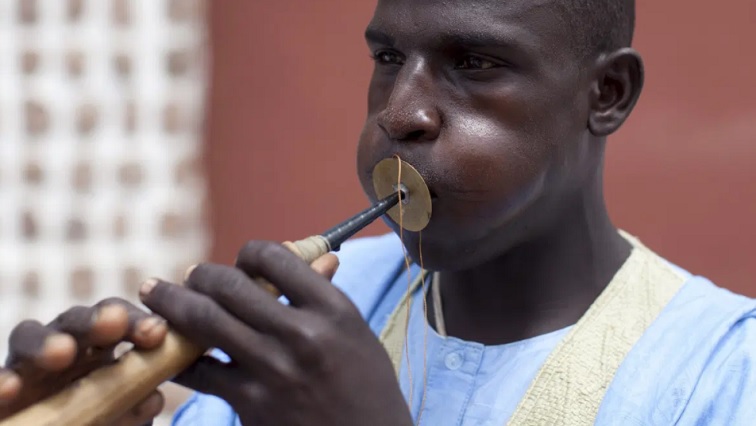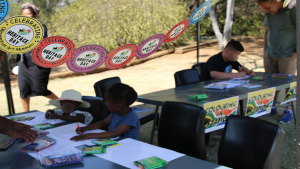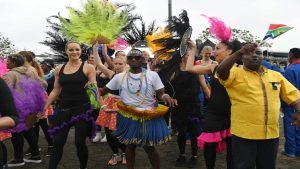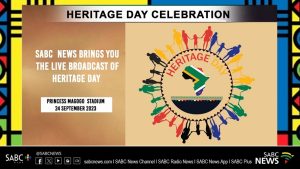South Africa on Thursday celebrates Heritage Day under the theme: “Celebrating South Africa’s living human treasures.” The day is aimed at acknowledging and honouring the country’s rich cultural diversity. It also seeks to remind South Africans of the importance of preserving their heritage.
To preserve Africa’s musical heritage, the Southern African Music Rights Organisation (Samro) founded the IAM (Indigenous African Music) project which focuses on transcribing and documenting indigenous African music for purposes of, among other things, research, performance, conservation, preservation, and promotion of southern Africa’s rich musical heritage.
“Indigenous music is a term for the traditional music of the indigenous people of the world, that means the music of an original ethic group that inhabits any geographical region. So, indigenous African music is the music of the people of Africa, who are indigenous to Africa,” says IAM project officer Nandipha Mnyani.
The African indigenous music is performed through instruments including, among others, the Uhadi, Umakhweyana, Xitende, and Mbila.
Significance of music to Africans
Mnyani says that throughout history music has been a significant part of the lifestyle of African people. “We make music when we work, celebrate, mourn, just everything we do in Africa encompasses music.”
And true to what Mnyani says, to celebrate Heritage Day, President Cyril Ramaphosa has urged South Africans to dance to Master KG’s song Jerusalema which has received global recognition recently with people around the world sharing videos of themselves dancing to it.
This comes as the country is still battling the effects of the coronavirus pandemic which has claimed the lives of more than 16 000 South Africans.
Work done by IAM project
Founded in 2017, with the support of the United States Ambassador’s Fund for Cultural Preservation, the IAM project is aimed at ensuring that traditional music does not become extinct.
So far, 60 songs from 30 performers have been transcribed. “The transcriber listens to the song as it is recorded and transcribes it into Sibelius, that is the transcription software so that you can create sheet music from it. It is quite a challenging process because Western art notation does not really have all the nuances we find in African music. “
The work that has been done has been published on the SAMRO website. Mnyani urges South Africans to embrace their unique cultural diversity.
Below is the interview with IAM project officer Nandipha Mnyani:






